Third-Party Monitoring (TPM)
Third-Party Monitoring Activities
Given its accessibility and experience of working in insecure contexts, RRD was able to provide Monitoring, Verification and Validation services to major donors and implementing partners in Yemen. Through these services, we were able to provide our clients with Input and Output Verifications and confirmations of completed projects’ deliverables. Conducting such assignments entailed developing appropriate data collection tools designed to objectively assess preliminary and final results during site visits, and support ease of data aggregation and reporting.
As a Third-Party Monitoring Service Provider, RRD provides its clients with independent perspective extending their reach in the field. As such, and based on real time data collection procedures and protocols, we provide our clients with high quality analytical report that include findings, witness testimonies and evidences identifying underlying factors of deviations as well as recommendations on flag-raising issues that need to be addressed. RRD’s implementation of Monitoring, Verification and Validation activities are generally centered around the following:
· Conduct quantitative and qualitative analyses of project documentation prior to undertaking field-level activities. RRD considers all documents received as confidential and not for wider dissemination or sharing with others.
· Develop and customize of relevant verification and monitoring tools and site visit protocols;
· Develop monitoring plans that include specific parameters for site visits, including asset verification, and data collection for implemented activities;
· Select qualified enumerators/field monitors and make the necessary arrangements to train them on the data collection tools and methodology;
· Deploy and mobilize enumerators/ field monitors to conduct physical visits to activity locations and supervise data collection processes;
· Use mobile data collection tools wherever appropriate and allowed. RRD conducts paper-based survey in areas with restrictions on the use of mobile data collection tools. In these cases, we ensure data entry in the system is conducted once all questionnaires are collected from the field;
· Verify the quality of service delivery mechanisms used, including technical quality assurance of implementation in accordance with established standards;
· Collect testimonies from willing witnesses and independent members of the targeted communities;
· Collect photos and Capture GPS coordinates when possible for verification of projects’ outputs;
· Produce high quality narrative and analytical reports on findings for each site visit conducted. Wherever applicable and agreed upon, we hand over original hard copies of questionnaires to our clients;
Monitoring, Verification and Validation
Managed by a team of TPM professionals and specialists, RRD utilizes its wide-range network of field monitors and enumerators to conduct TPM site visits covering all governorates around Yemen. With more than 1,800 trained and qualified field monitors selected using sector-based and community-specific criteria. RRD manages its teams through supervisors located in 5 main hubs in the country namely, Sana’a, Aden, Hajjah, Hodeida and Hadramout Hubs. Our field monitors are based in districts and sub-districts enabling accessibility to hard-to-reach villages and areas in all 333 districts of Yemen’s governorates.
Working together with our partners at IBTCI since 2016, RRD conducted TPM activities to more than 500 humanitarian programs and activities, funded by the USAID’s Office of U.S. Foreign Disaster Assistance (OFDA) and the Office of Food for Peace (FFP), implemented in all of Yemen’s governorate. RRD’s successful implementation of required assignments and its capacity in producing high quality analytical reports were some of the key elements that resulted in maintaining our fruitful partnership with the IBTCI today.
With the overall goal of improving OFDA and FFP programming in Yemen, RRD has been IBTCI’s go-to-partner assigned to provide independent, first hand, visual and site visit verification and monitoring of activities implemented by International NGOs and UN Agencies funded by USAID. The monitoring component focused on the existence, location, quality, progress, and lessons learned from projects implemented by reputable OFDA/FFP partners including WHO, UNICEF, IRC, ACTED, and Save the Children among many others in Yemen’s northern and southern governorates.
Similarly, RRD has been able to provide its services and maintain a list of highly reputable organizations both in the non-government and private sectors. Through these partnerships, RRD conducted Monitoring, Verification site visits to public and government entities including Offices of the Ministry of Water and Environment, and Ministry of Health, supported by UNICEF with fuel and health-related assistance. RRD continuous to successfully implement its site visits accessing remote villages and sub-districts, overcoming any conflict, security and terrain related challenges.
Conducting over 4,500 fuel delivery and consumption verification and validation visits, and has collected data from more than 800 primary health care facilities in and around Yemen’s districts, sub-districts and villages, RRD’s Monitoring, Verification and Validation responsibilities centered around the following:
· Central and District Level Coordination & Security Clearance with local authorities;
· Develop verification tools and protocols used during site visits;
· Select and deploy qualified field monitors including Mechanical Engineers to monitor WASH related activities as well as monitors with Health backgrounds to monitor Health related projects and activities;
· Each verification visit ensured covering technical verifications of supplies including quantity, quality, technical details, consumptions and other related technical necessities as required;
· Verification of community (beneficiaries’) satisfaction and validation of assistance deliveries and receipts.
· Data Collection (paper-based and electronic-based forms) with responsibilities that include Data Cleaning and Normalization, as well as submission of raw data.
· Production of periodic reports, bi-weekly and monthly, supported by verification documents and photos.
OUR PARTNERS
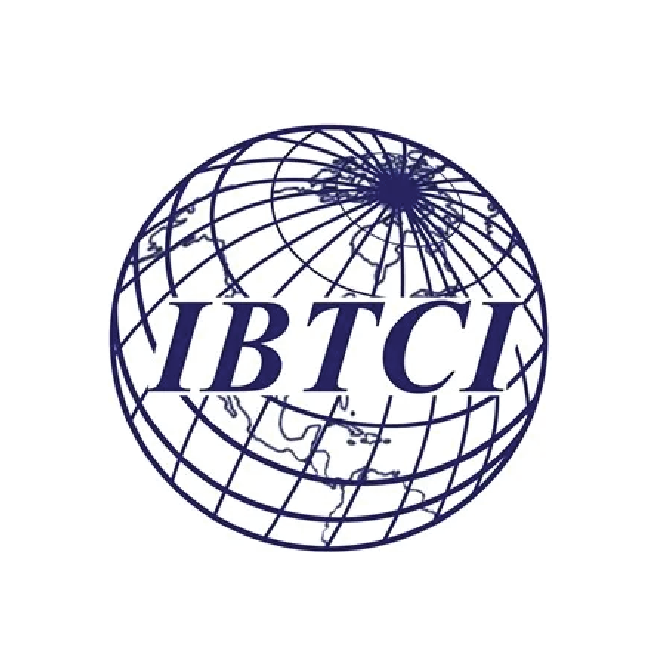
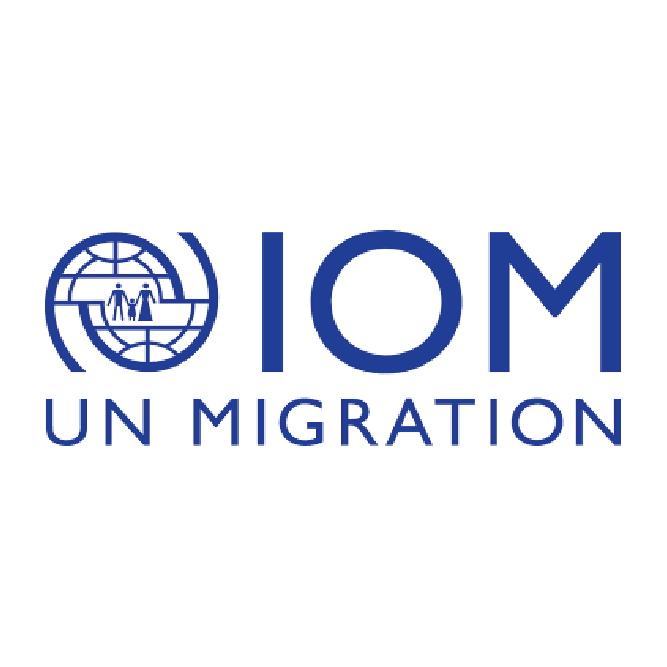
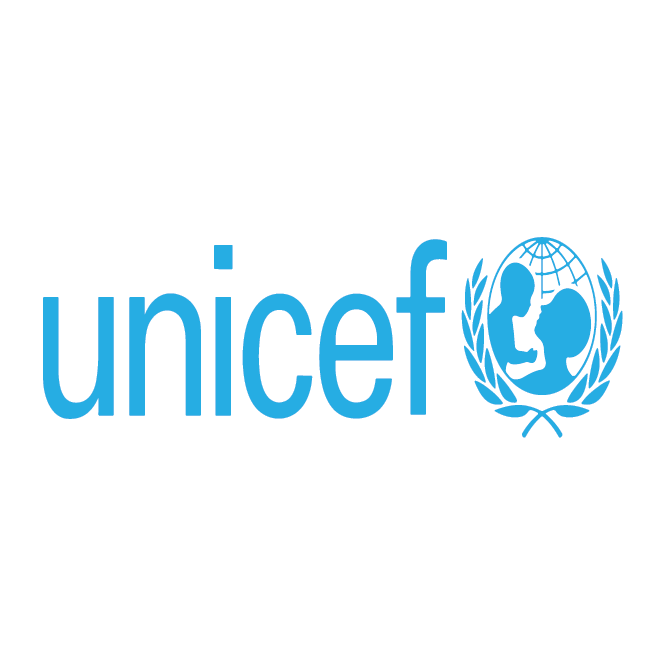
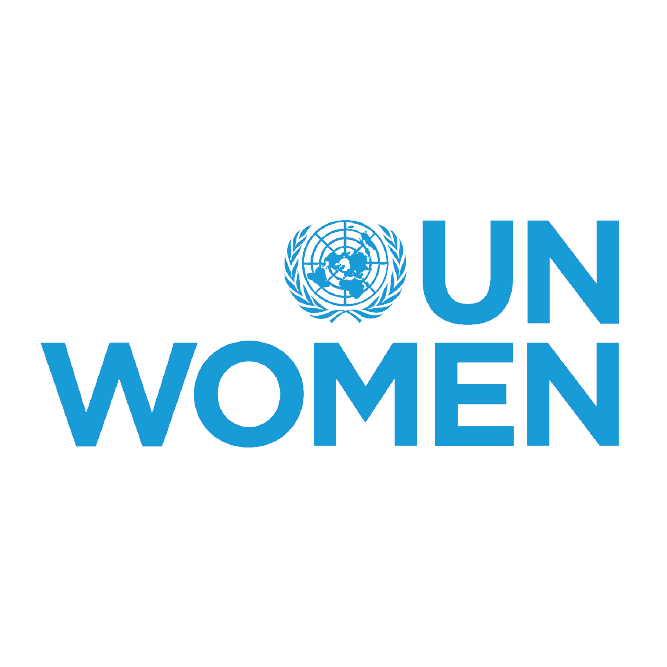
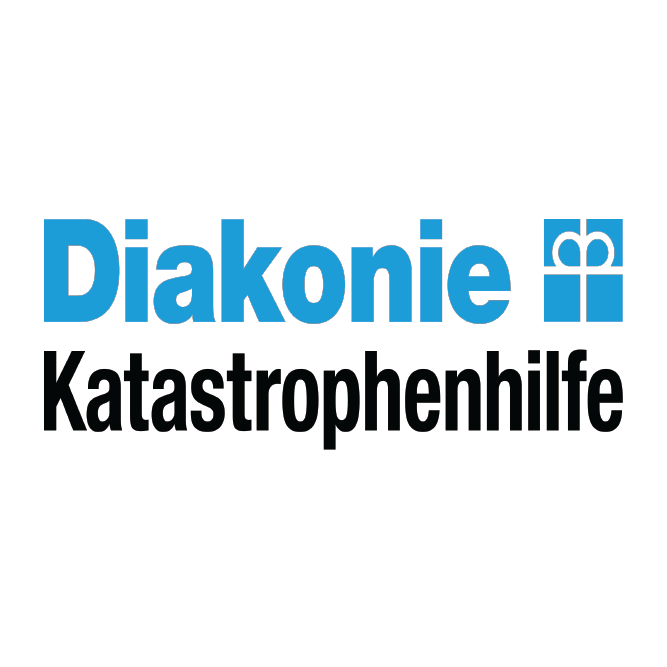
Stay In Touch With Us
- Hadda Road, Across from Hadda Post Office
- +967 1 418 653
- info@rrdf.org

